Can You Compost Paper with Ink?
Published Nov. 10 2020, 1:55 p.m. ET
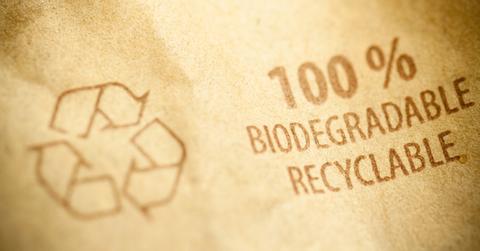
People have been told for years that some paper products and things like heavily-soiled pizza boxes cannot be recycled. This is true, of course. All that pizza gunk can get transferred into the machinery at recycling plants during the recycling process, where it can cause significant damage. But if you can’t recycle it, do you simply throw it out?
Thankfully, there is a solution looking us right in the face. You needn’t throw out your old paper products and send them to rot in a layered landfill somewhere, not when you can use them as compost in your own backyard.
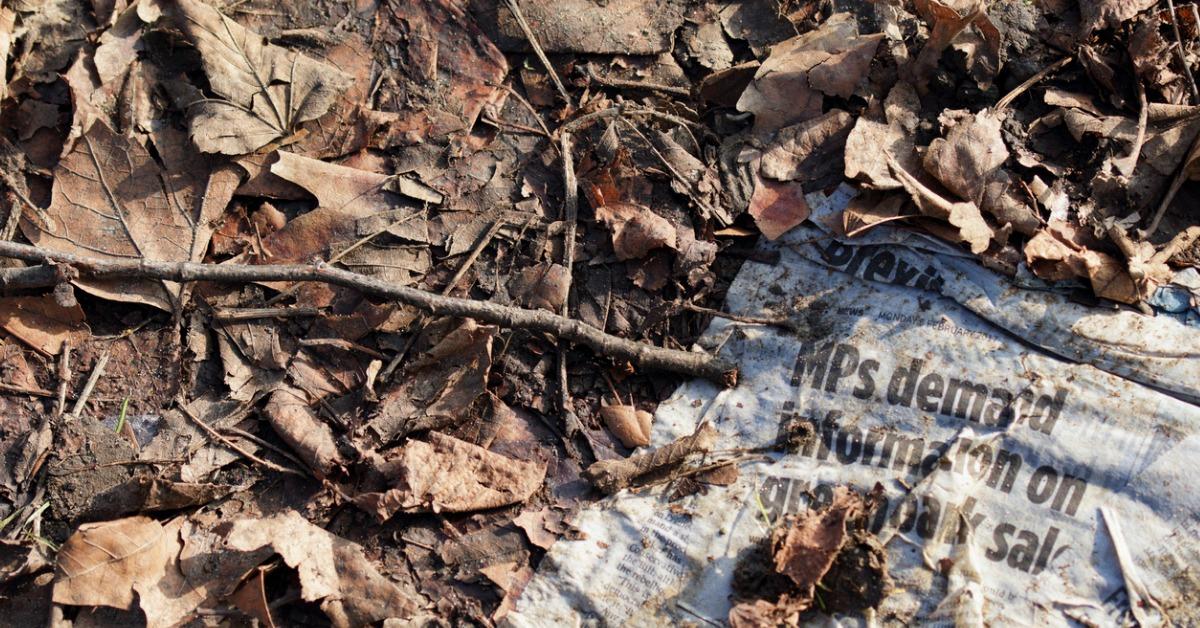
What materials are compostable?
Most naturally-occurring, organic materials are compostable, though that does not always mean they will make good compost. Plant-based organic material, for example, is highly compostable. This includes anything from vegetable peels to orange rinds to fallen leaves, coffee grounds, and grass clippings.
Animal products, on the other hand, are not as compostable as you might believe. They will decompose naturally, as all organic material does, and in time, they may turn into compost, but the process is harder to regulate in something like a backyard compost heap. The other problem is that animal bones, fat, moldy cheeses, and the like will also draw some unwanted guests to your compost bin. Insects, birds, and other animals will be drawn to the scent of the food and could create a problem.
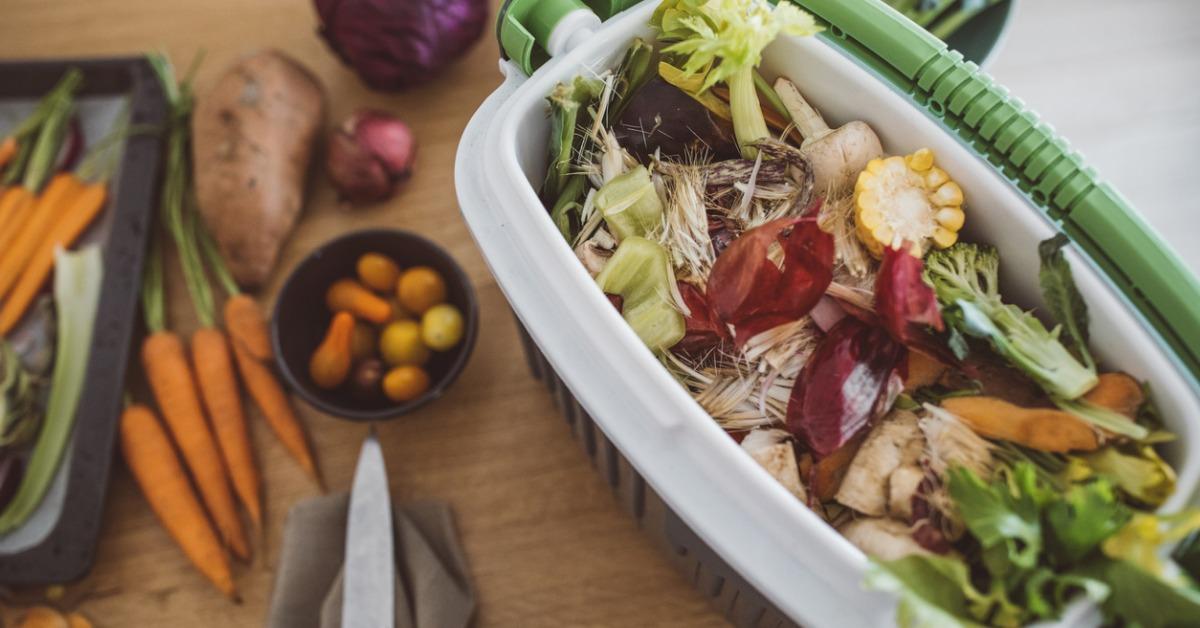
Can you compost paper with ink?
Good compost requires several balanced elements in order to make it work properly. It needs greens or nitrogen-rich materials like apple cores and potato skins. It needs moisture, soil, and air. And it needs “browns,” which are carbon-rich materials like paper, unbleached coffee filters, grass, or leaves. Most of the time, it is recommended that you use untreated paper for your compost. Newspapers work, despite the ink, as do some types of already recycled paper.
What about paper with computer, pen, or marker ink or dyes on it? If the ink used is vegetable-based, soy-based or non-toxic, then it's safe for the compost. If the paper is covered with heavy or potentially-toxic inks, whether it's from a printer, Sharpie, ballpoint pen, or it's colored construction paper, it's generally not advisable to compost these, and you are safe to just recycle them instead, according to NationSwell.
Shredded paper is not ideal for recycling equipment, so you can definitely toss any shredded paper or teeny-tiny paper scraps in your compost rather than the recycling bin, even if it has a bit of ink on it.
What about things like wrapping paper or CVS receipts, you know, things you might have a lot of?
Some wrapping paper can be composted, specifically, those that look or feel like plain old butcher paper, but you’ll want to avoid throwing any of the fun ones into your compost heap. Basically, any that have a plastic, waxy, or metallic coating are off-limits. With those, it’s best to try and reuse them as much as possible.
Receipts aren’t really inked, as it turns out. They are typically thermal paper printed via a heat process instead of using old-fashioned ink. This type of specialized “paper” requires a fairly large infusion of an industrial chemical called bisphenol A (BPA), which has been used to make plastics and resins. BPA is not something you want seeping into your compost or your soil, especially not if you plan on using that compost to fertilize your garden come the spring.
This might be the one case where throwing out your receipt (or recycling it, depending on what your municipality's website recommends) is better, because at least if it ends up in a landfill, the resultant BPA will be more isolated.
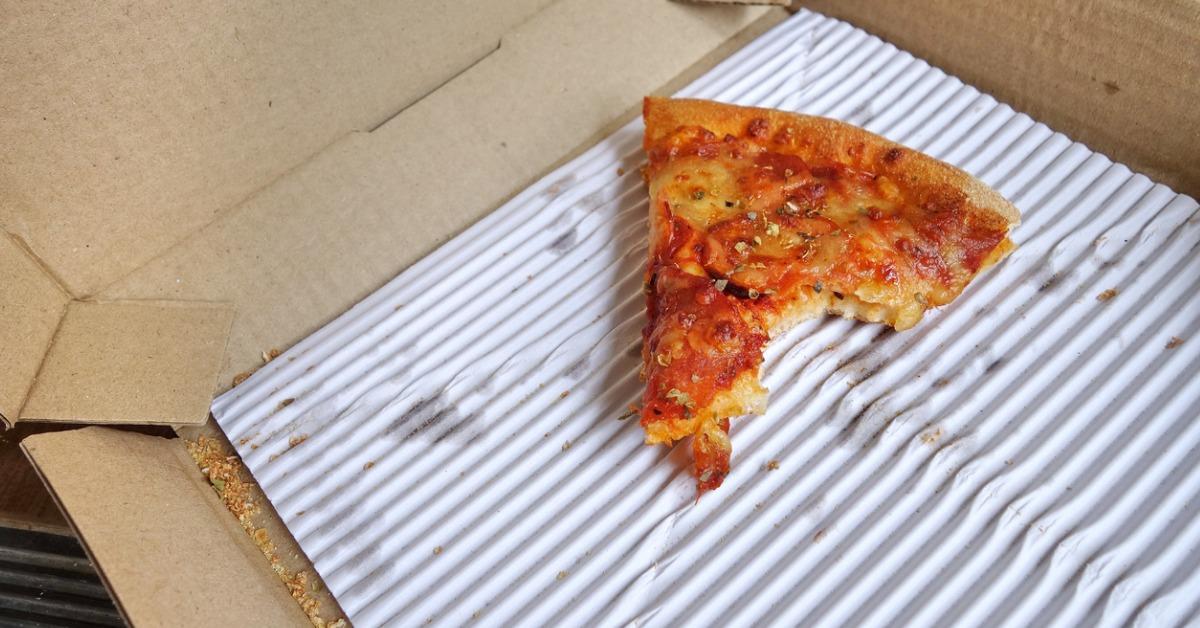
Is all paper compostable?
Paper materials are made of plant matter, which means they are both recyclable and compostable. Many towns and cities all over the world already have paper recycling programs that allow you to turn in old newspapers, magazines, paper bags, cardboard, and other paper-based products. They’ll take just about anything within reason, though greasy pizza boxes might be the exception.
If parts of your pizza box are grease-free, feel free to cut the box up and put the completely clean parts in your recycling bin, and save the rest for the compost. For that, you’ll need to rely on the compost heap. Regardless of how much sauce and cheese is left on the inside of a pizza box, it’s going to break down. Paper is a carbon-based material, which means it’s actually an integral part of any amateur composting setup. Simply tear that pizza box into little pieces, cover it with some dirt and food scraps, and you should be turning it into usable fertilizer in no time.
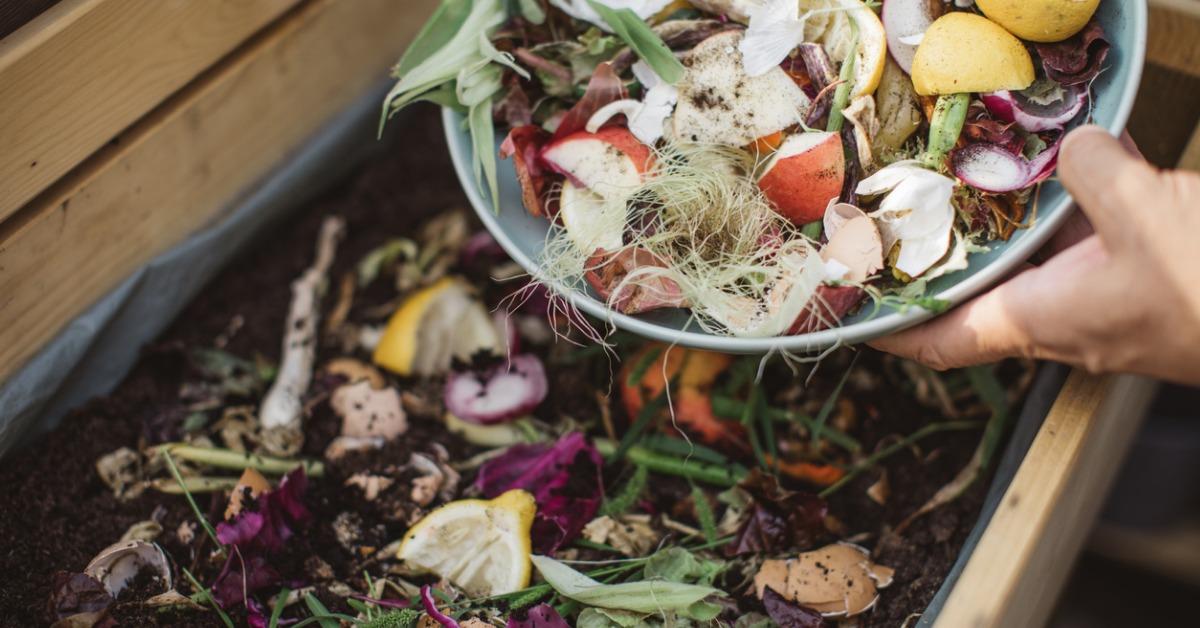
Is recycling or composting better for paper?
When it comes to most paper, recycling is the slightly better option, for the environment, at least. For one thing, recycling reduces the number of trees that need to be harvested. It also requires less energy and water to recycle paper than to make new paper. However, there are some types of paper, like soiled pizza boxes, that can be composted but not recycled.
Soiled napkins and tissues are good choices for your compost bin, as are shredded documents, and paper shopping bags. Glossy magazines should not be composted, unfortunately, as they have strong inks, dyes, and printing chemicals that can be very toxic for the environment, but they can be recycled.